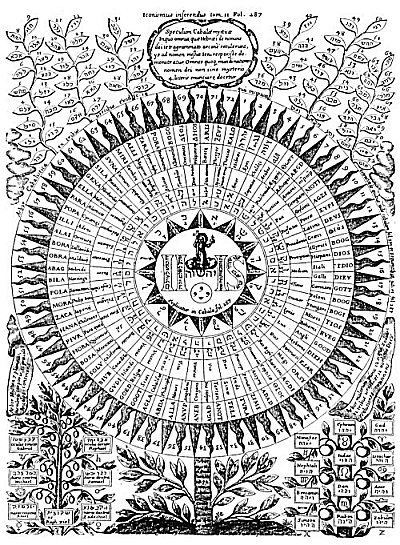The Bull stated that any land not inhabited by Christians was available to be “discovered,” claimed, and exploited by Christian rulers and declared that “the Catholic faith and the Christian religion be exalted and be everywhere increased and spread, that the health of souls be cared for and that barbarous nations be overthrown and brought to the faith itself.” This “Doctrine of Discovery” became the basis of all European claims in the Americas as well as the foundation for the United States’ western expansion.
Nuns to pope: Revoke 15th-century doctrine that allows Christians to seize native land
(Source: Washington Post) – In November, Sister Maureen Fiedler hand-delivered a letter to Pope Francis’ ambassador in Washington, D.C., urging the pontiff to renounce a series of 15th-century church documents that justify the colonization and oppression of indigenous peoples.
She doesn’t know if the letter made it to the Vatican. But she’s hopeful a recent resolution by the Leadership Conference of Women Religious will spur the pope to repudiate the centuries-old concept known as the “Doctrine of Discovery.”
“When I learned about it, I was horrified,” said Fiedler. As a member of the Loretto Community, a congregation of religious women and lay people, Fiedler first heard of the doctrine when her order marked its 200th anniversary by challenging “the papal sanctioning of Christian enslavement and power over non-Christians.”
Read more from the Washington Post
The Doctrine of Discovery, 1493
The Papal Bull “Inter Caetera,” issued by Pope Alexander VI on May 4, 1493, played a central role in the Spanish conquest of the New World. The document supported Spain’s strategy to ensure its exclusive right to the lands discovered by Columbus the previous year. It established a demarcation line one hundred leagues west of the Azores and Cape Verde Islands and assigned Spain the exclusive right to acquire territorial possessions and to trade in all lands west of that line. All others were forbidden to approach the lands west of the line without special license from the rulers of Spain. This effectively gave Spain a monopoly on the lands in the New World.
The Bull stated that any land not inhabited by Christians was available to be “discovered,” claimed, and exploited by Christian rulers and declared that “the Catholic faith and the Christian religion be exalted and be everywhere increased and spread, that the health of souls be cared for and that barbarous nations be overthrown and brought to the faith itself.” This “Doctrine of Discovery” became the basis of all European claims in the Americas as well as the foundation for the United States’ western expansion. In the US Supreme Court in the 1823 case Johnson v. McIntosh, Chief Justice John Marshall’s opinion in the unanimous decision held “that the principle of discovery gave European nations an absolute right to New World lands.” In essence, American Indians had only a right of occupancy, which could be abolished.
The Bull Inter Caetera made headlines again throughout the 1990s and in 2000, when many Catholics petitioned Pope John Paul II to formally revoke it and recognize the human rights of indigenous “non-Christian peoples.”

Moe is the founder of GnosticWarrior.com. He is a father, husband, author, martial arts black belt, and an expert in Gnosticism, the occult, and esotericism.

![How it was indicated by a light from heaven where the bodies of the nuns should be buried in the monastery of Berecingum [675 A.D.?] | Book 4 | Chapter 7 How it was indicated by a light from heaven where the bodies of the nuns should be buried in the monastery of Berecingum [675 A.D.?] | Book 4 | Chapter 7](https://www.gnosticwarrior.com/wp-content/plugins/contextual-related-posts/default.png)


![The Irish Ollam: Go ye and teach all nations Havell, Robert; Smith, Charles Hamilton; C.H. Smith & S.R. Meyrick, <I>The costume of the original inhabitants of the British Islands,</I> London 1815, pl.[IX]; Irish Ollamh and an Heraldic Bard](https://www.gnosticwarrior.com/wp-content/uploads/2019/10/Irish-Olamh.jpeg)

